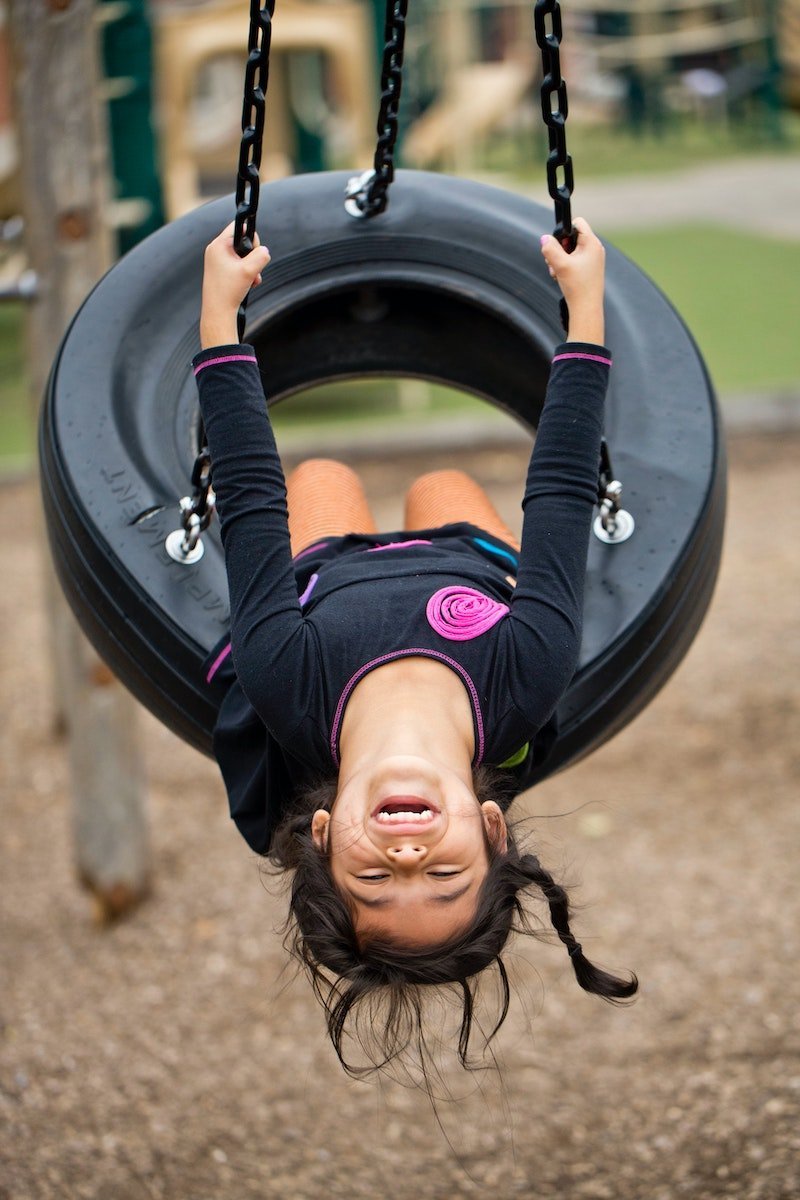Bids for Connection
We all need connection. In fact, Maslow states that love and belonging is a need that must be met in the hierarchy of needs for an individual to reach self-actualization. Throughout the day we are presented with opportunities to connect with friends and loved ones, but we often miss the signs.
Emotional Development Milestones
As a caregiver, you pay close attention to your child’s developmental milestones. You have frequent check-ins with their pediatrician to make sure they’re growing. You get excited when they take their first step. You might be worried if they’re not saying as many words as you think they should be by a certain age. But what about their emotional development milestones?
Limit Setting
It’s the morning before school, you're getting ready for work, your first grader is watching a tv show, you’ve told them at least 27 times to put their shoes on, you're ready to walk out the door… and somehow the shoes are still not on. Sound familiar? Situations like these are something that child therapists hear about regularly. We see it happen in our waiting room and in our play rooms. Luckily, some pretty great counselors have developed ways to handle these situations so that everyone involved can feel calmer. It’s called Limit Setting. I’ll walk you through how it works, why it works, and how to use it at home!
Regulating Nervous Systems in Your Family
“Human beings are not born with self-control. We have to learn what to do with the mad that we feel. Learning to control ourselves is a long, hard process. It happens little by little. In fact, it is something we work on all through our lives.” - Mr Rogers
Children do not enter this world with bad intentions. Children offer us information, and if we’re courageous enough to listen to the information, we can attune to their inner experiences. We can perceive their behavior as communication, not as manipulation. Children, like all human beings, feel more cooperative when they are treated with respect and kindness. As adults, we do not respond well to people who speak to us harshly or treat us with disrespect - but this can sometimes be our default reaction when faced with our children’s big feelings.
Back-to-School Time
August means back-to-school season for many of us! Shopping for school supplies, new clothes, new shoes, and backpacks can all feel very exciting, and this season may also be filled with lots of complicated, challenging emotions. While parents may be excited for a return to more structure, routine, and possibly even the occasional peace and quiet, many kiddos (and maybe parents too) can experience a very different response.
Sorry...
The work we do as therapists is not about teaching our clients to avoid conflict but about learning how to negotiate interpersonal conflict with skill, care and awareness. When I sit down to work with a family, I often ask how they make repairs when they experience a conflict – or, more simply, how does your family say I’m sorry? The answers are as diverse and varied as the families themselves.
Understanding Attachment
You may have come across the terms “attachment style” or “attachment theory” at some point in your child’s, or even your own, therapy journey. However, you may not have a thorough understanding about what attachment actually means. Attachment theory was first developed in the mid-1940s by psychologist and psychiatrist John Bowlby and was later expanded upon with research conducted by psychologist Mary Ainsworth. A simple definition of attachment is “an emotional bond with another person.” (Buescher, 2022) Simply put, “attachment style” refers to the different ways in which we connect and develop emotional bonds with other human beings. Since attachment can be a focal point of the therapeutic process, I want to dive into this topic a little deeper.
ADHD and Medication
If you are a parent staring down the barrel of the decision on whether or not to medicate your child for ADHD, it is very likely that you are feeling overwhelmed. I have found that many of the articles and studies we research do not include what families can really expect when they embark on that journey, or what they can expect if they don’t. Many studies and statistics that state medication treatment in addition to therapy for ADHD is very beneficial. I, too, am a believer in this idea, but that was not always the case, and of course every child, family, and situation is different; this is really important to keep in mind as you read this post. I want to share with you some information about ADHD and treatment thereof, as well as my personal journey of growing up while trying to figure out how to manage my diagnosis.
Talking Bodily Autonomy with Children
Safety is always at the forefront of a caregiver’s mind. We openly discuss safety with children such as: don’t cross the road without looking both ways, don’t talk to strangers, wear a helmet when you ride your bike, don’t run with scissors, and on and on. Discussing consent and bodily autonomy with your children should be as discussed as reminding them to put on sunblock.
Depression, Anxiety and Agency
If you are depressed you are living in the past.
If you are anxious you are living in the future.
If you are at peace you are living in the present.
-Lao Tzu
The quote above is one of my absolute favorites. I often wish this quote had found its way to me sooner in my life because I think it (as any great quote does) gave me clarity on something that I had observed, but never synthesized into an actual idea. There are other quotes and references that address this same concept, but this is the only one that spells out to us that depression and anxiety are both remedied by your own actions; actions that can only be taken in the present.




















